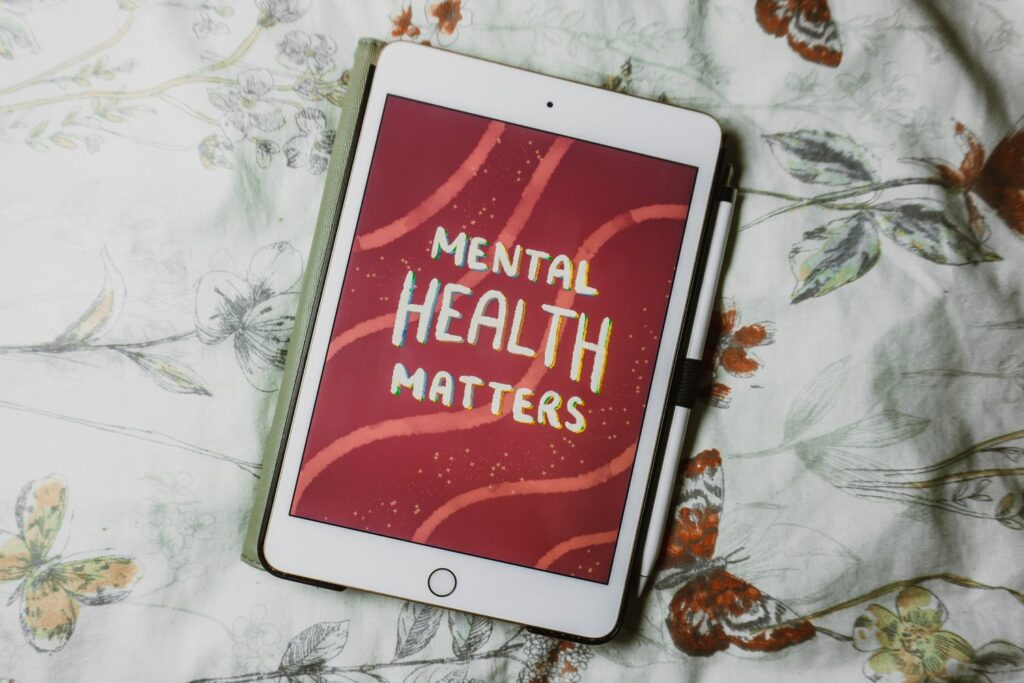
It’s Mental Health Awareness Month!
We wanted to take this time to remind you that you’re not alone, and there are things you can do to support mental health awareness. We know it can be hard to know where to start when it comes to supporting mental health awareness, so we’ve put together a list of some of our favorite ways that you can honor your support:
Learn about mental health.
1. Learn about mental health. There are tons of resources out there that can help you learn more about mental health issues and how they affect people. You can go check out the National Alliance on Mental Illness website or research on your own.

2. Talk about mental health! If someone in your life has been affected by a mental illness, ask them how they’re doing and how they’re feeling—and of course, listen! It’s important for us all to listen to each other and take care of ourselves in order to care for others.
Supporting your friends’ or family members’ mental health is vital. Sometimes people need someone who will just listen without offering advice or judgment, but rather with an open mind and heart. When someone says they’re struggling with depression or anxiety, sometimes they just need someone who will say “I’m here for you,” even if all they do is sit quietly with them for a few minutes.
3. Volunteer at a local organization that supports mental health issues—like The Trevor Project or the National Alliance on Mental Illness (NAMI). These organizations are always looking for volunteers who want to help support those living with mental illness but don’t have the time or money to attend meetings regularly themselves. You could even go on a field trip with one of these groups if there’s one nearby and see what it’s like firsthand!
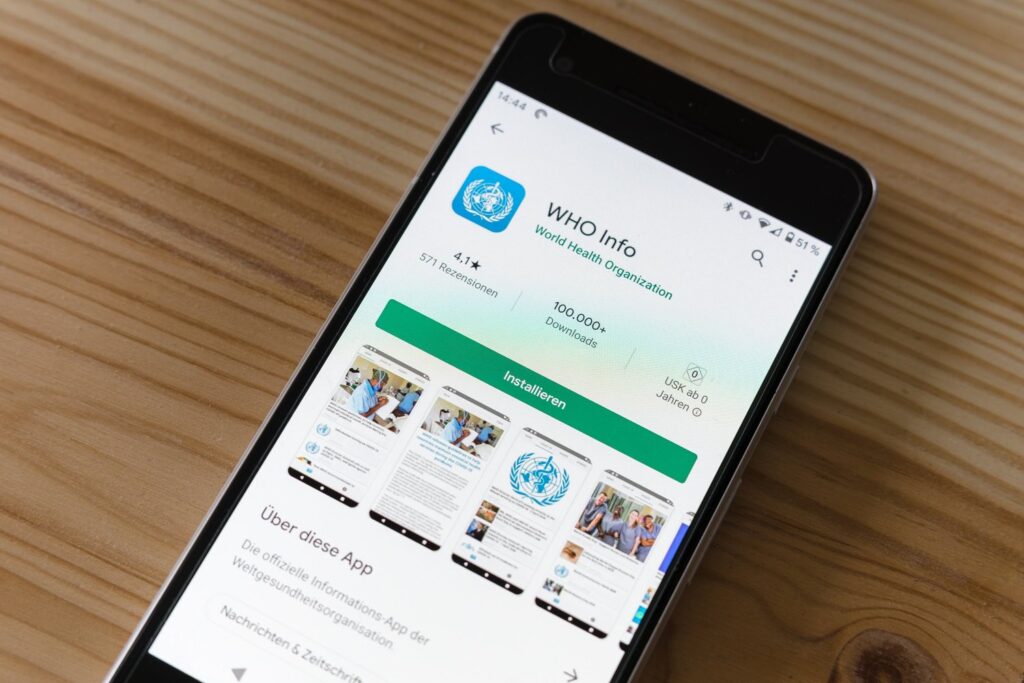
4. Schedule a “me time.” Make sure that you have time every day to do something fun or relaxing—it doesn’t have to be big, but just make sure that you have some dedicated time set aside where it’s just about you and what makes you happy/relaxed/at ease/etc.
5. Honor physical health is as important as mental health. Include more physical activity in your life. Whether that’s a daily jog or just getting up from the computer every once in a while to stretch, it’ll help you feel better both physically and mentally. It also helps prevent depression!
6. Get creative. If you’re feeling like you need to express yourself but you don’t know how, why not try getting creative! Make art, write poetry or songs, or even draw out what’s going on in your mind right now—whatever works for you! Then share it on Facebook and Twitter so people can see what comes out when YOU get creative!
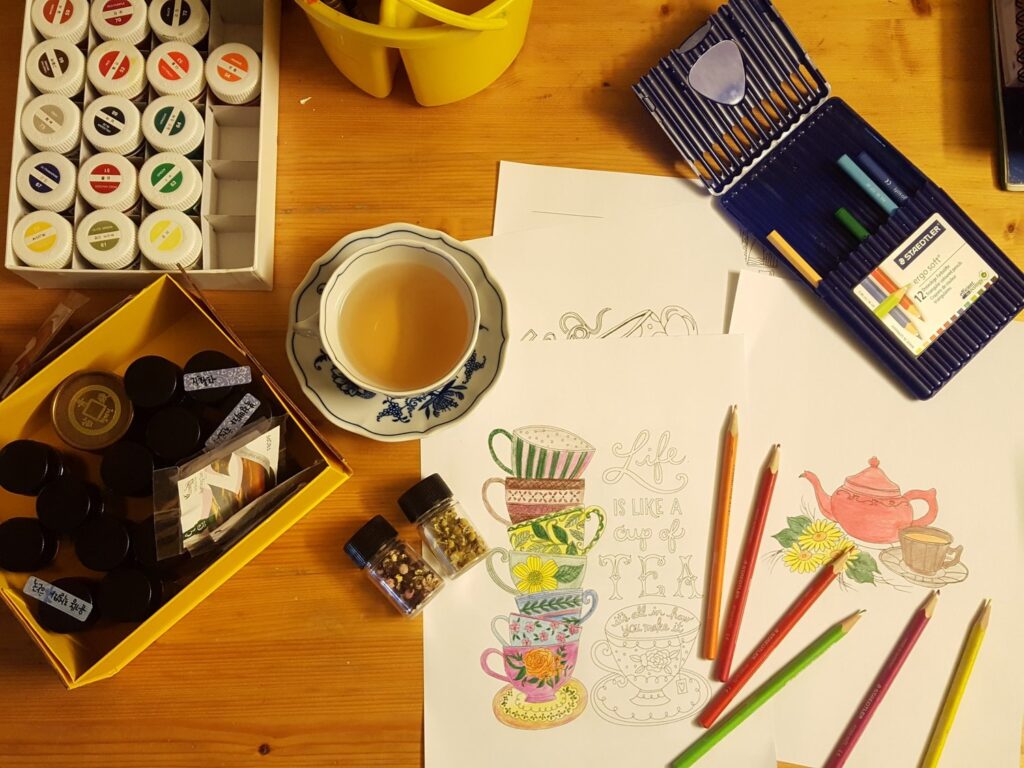
7. Acknowledging that you have a problem—which can be tough because we’re often our harshest critics. So if you’re having trouble admitting that you need help, just know that it’s okay. It doesn’t make you weak or broken or less than anyone else. It makes you human, and it also makes you stronger than people who don’t ever admit they need help.
8. Identifying what kind of help works best for you—whether it’s therapy, medication, lifestyle changes like diet or exercise, or even just talking to someone about how you feel (or writing it down). Whatever it is, don’t be afraid to ask for it! And if someone tells you no? Well… a good thing there’s always next year for mental health awareness month!
9. Spread the signs of mental illness in yourself and others. It’s important to be aware of what symptoms might indicate that someone has a problem with mental health and needs help getting treatment. If you see these signs in someone else, ask them if there’s something wrong so that they know they’re not alone and can get help if needed!
10. Don’t isolate yourself or others because of stigma! There are many reasons why people don’t seek out treatment—they may feel too ashamed or scared; they may not know where to go; they may feel like nothing will work—but remember that it’s okay to ask for help!



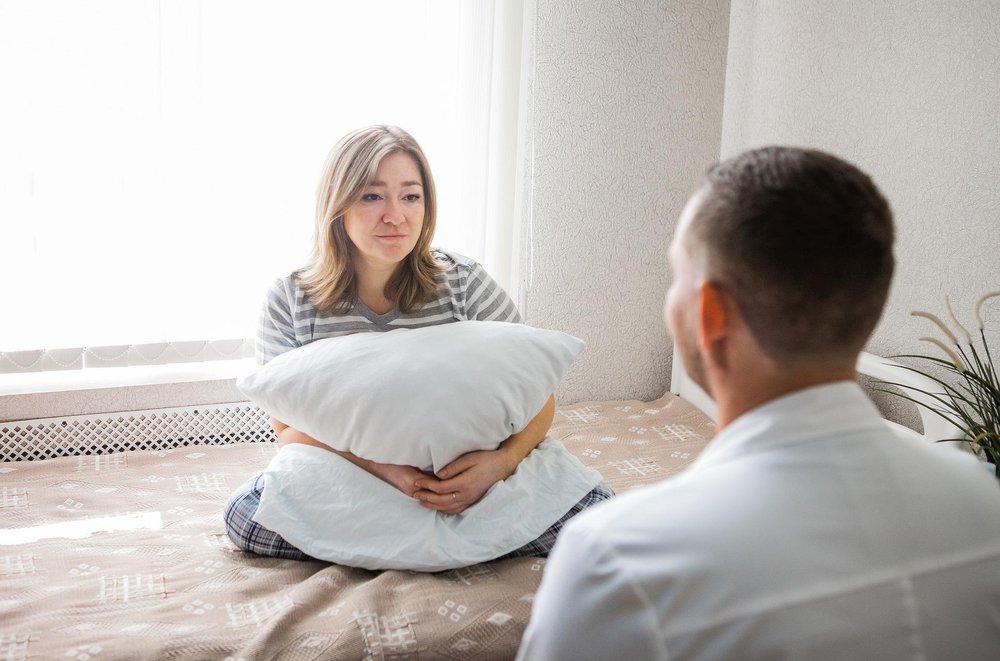

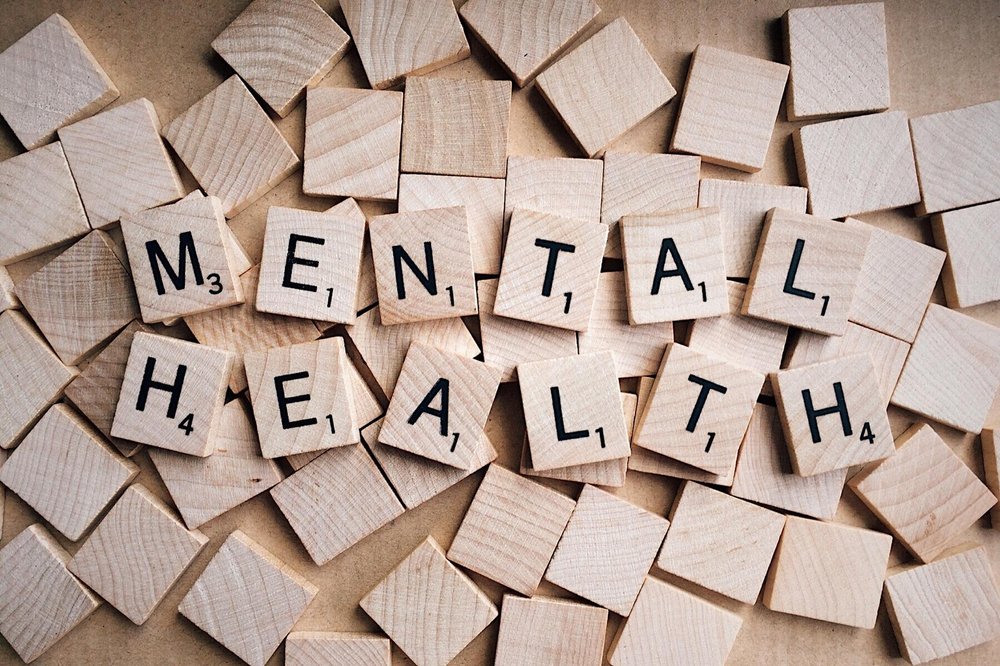
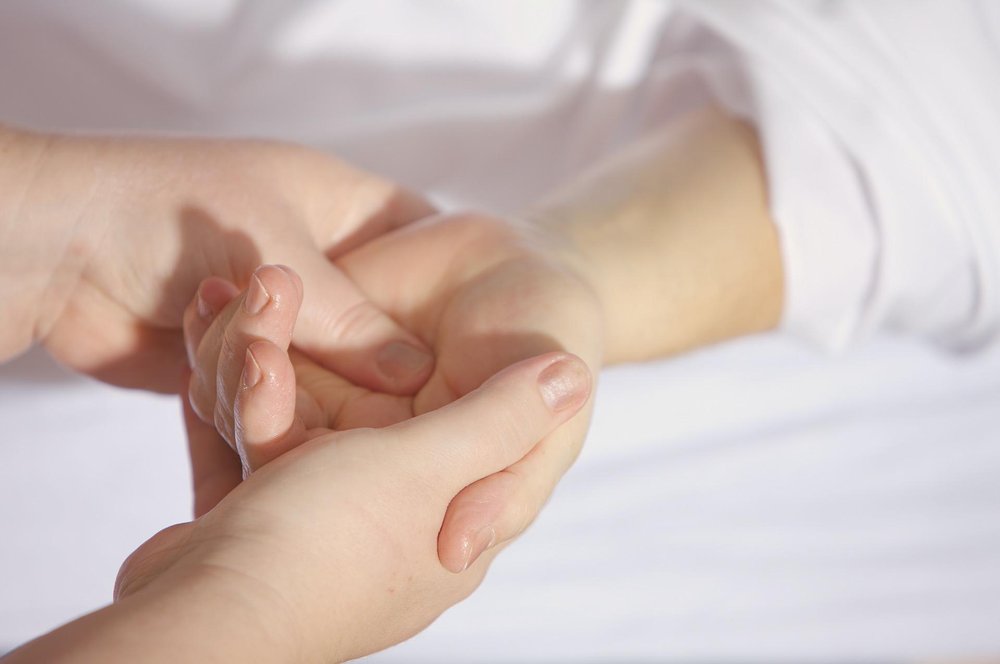

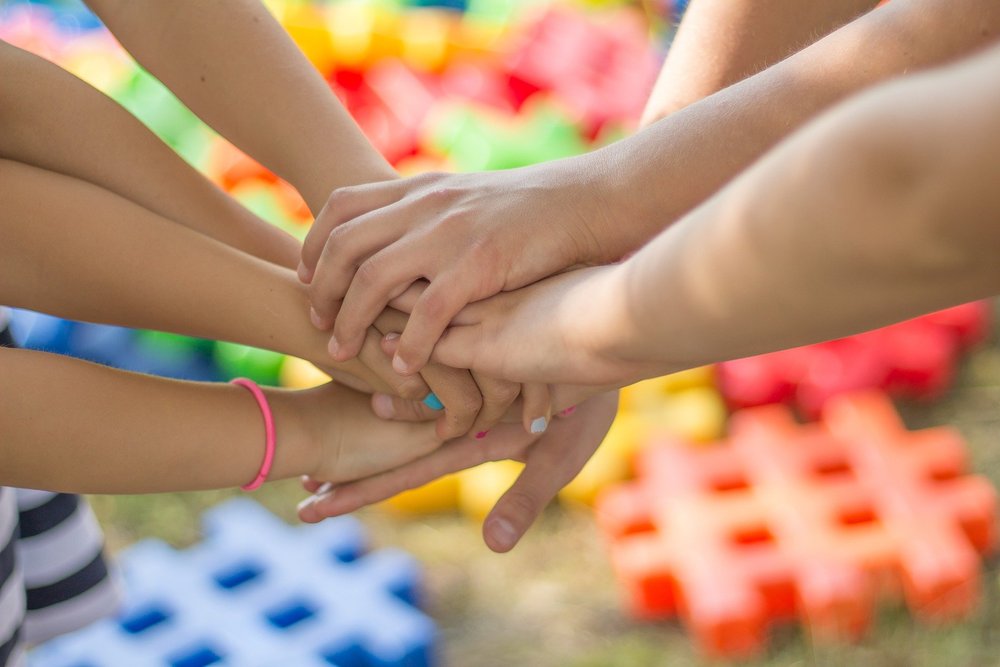
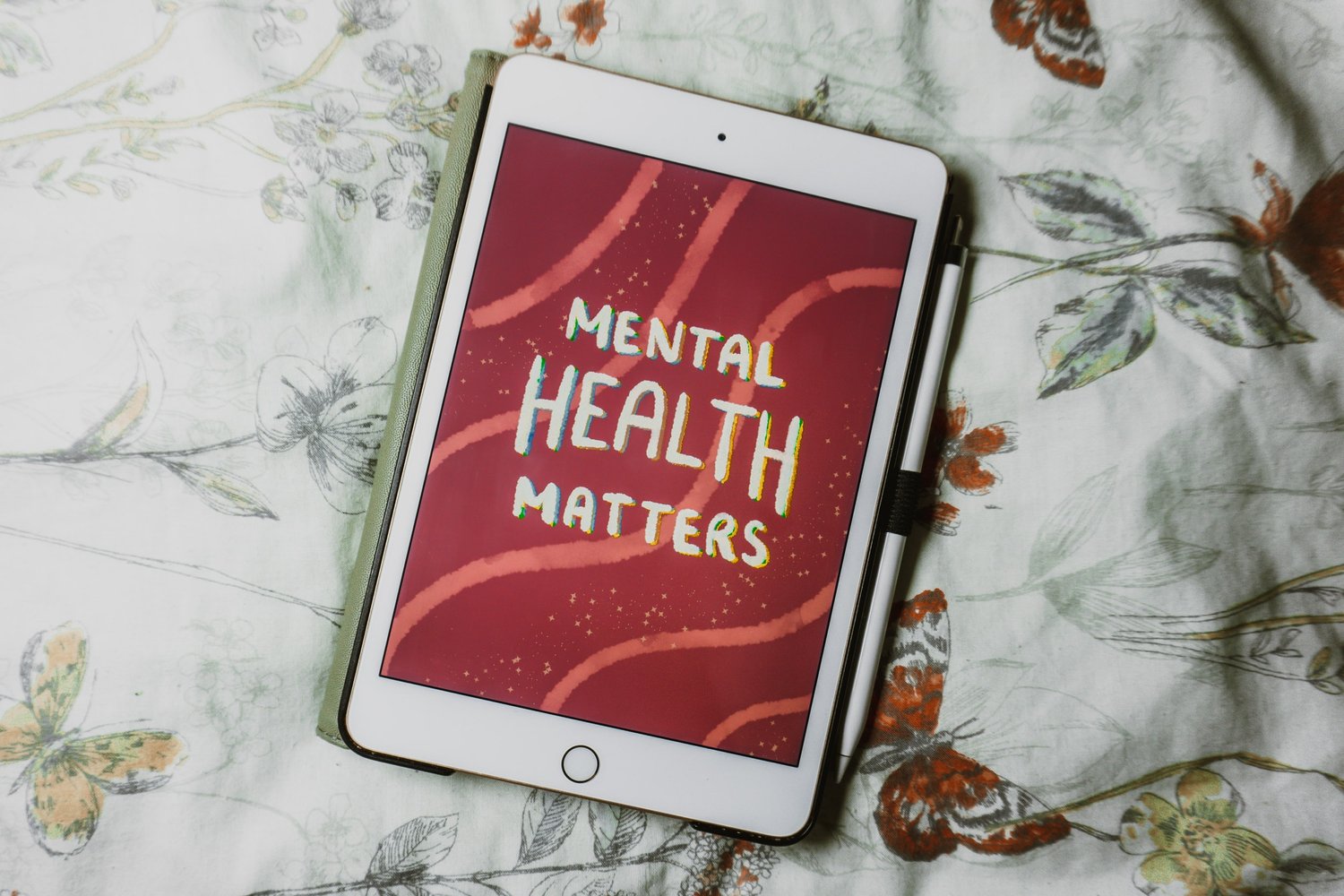
View comments
+ Leave a comment